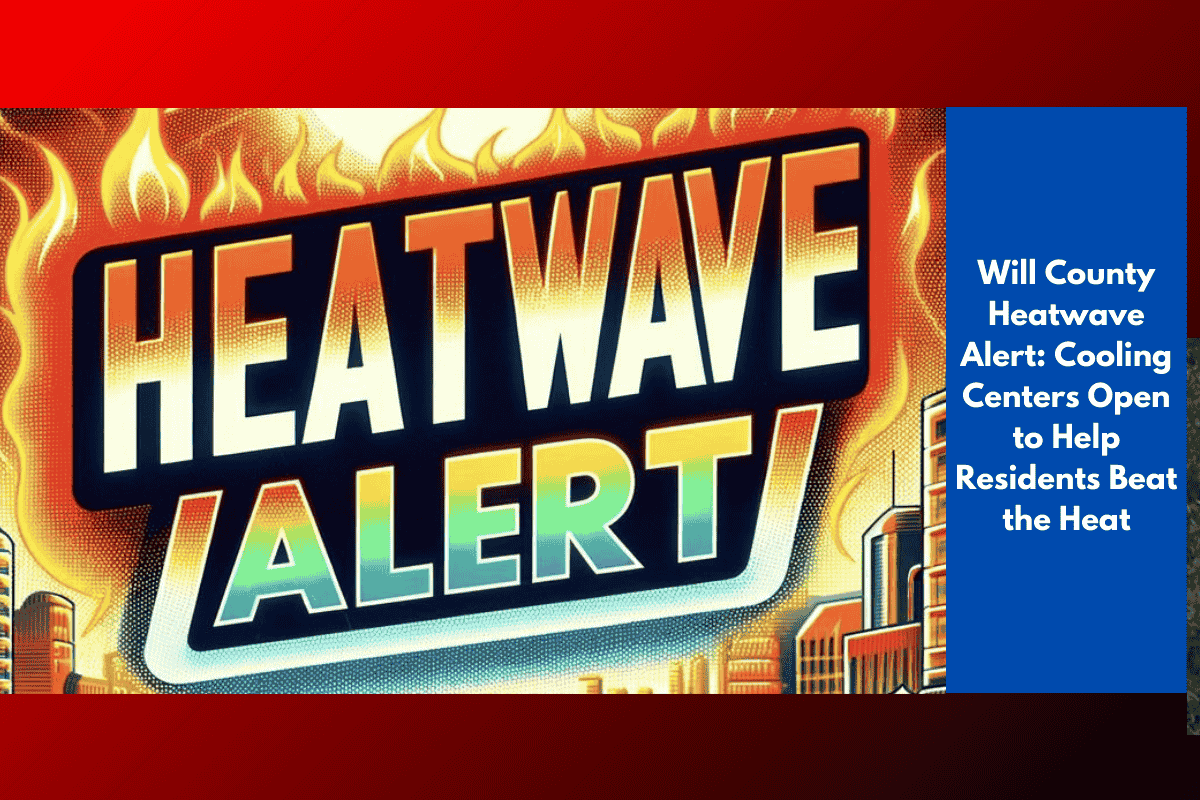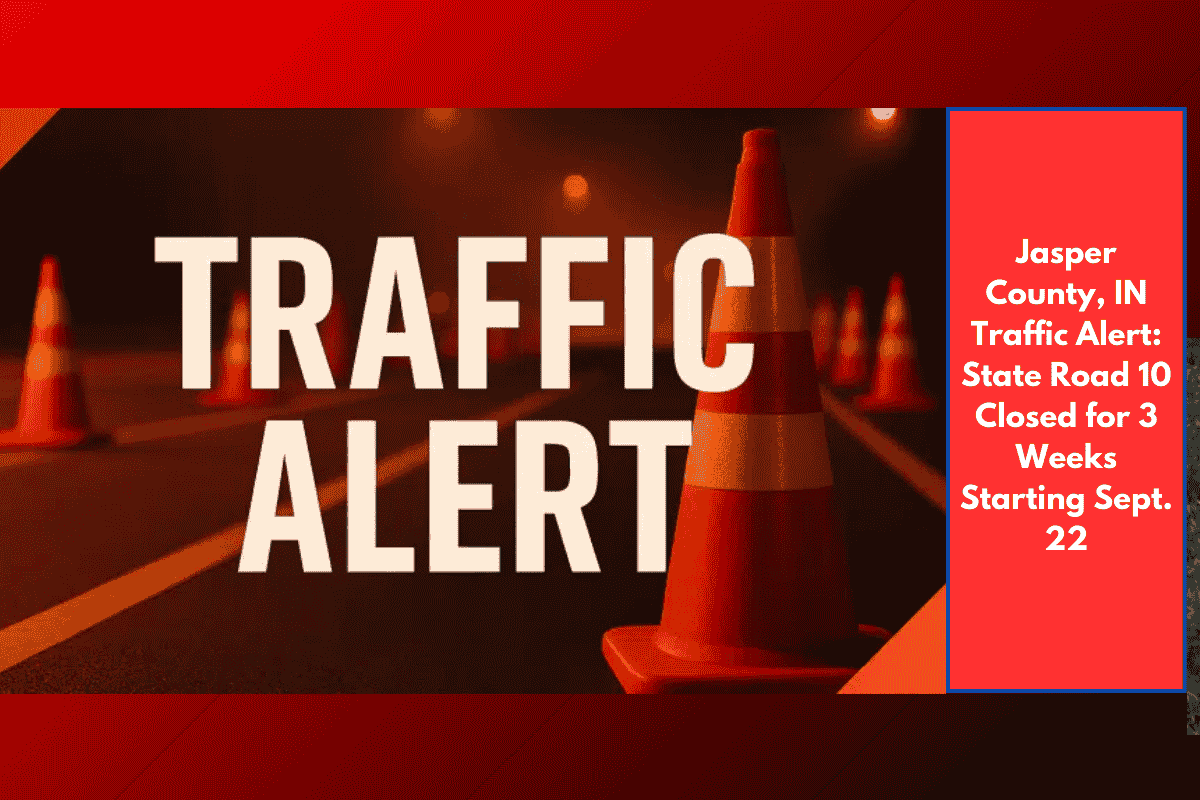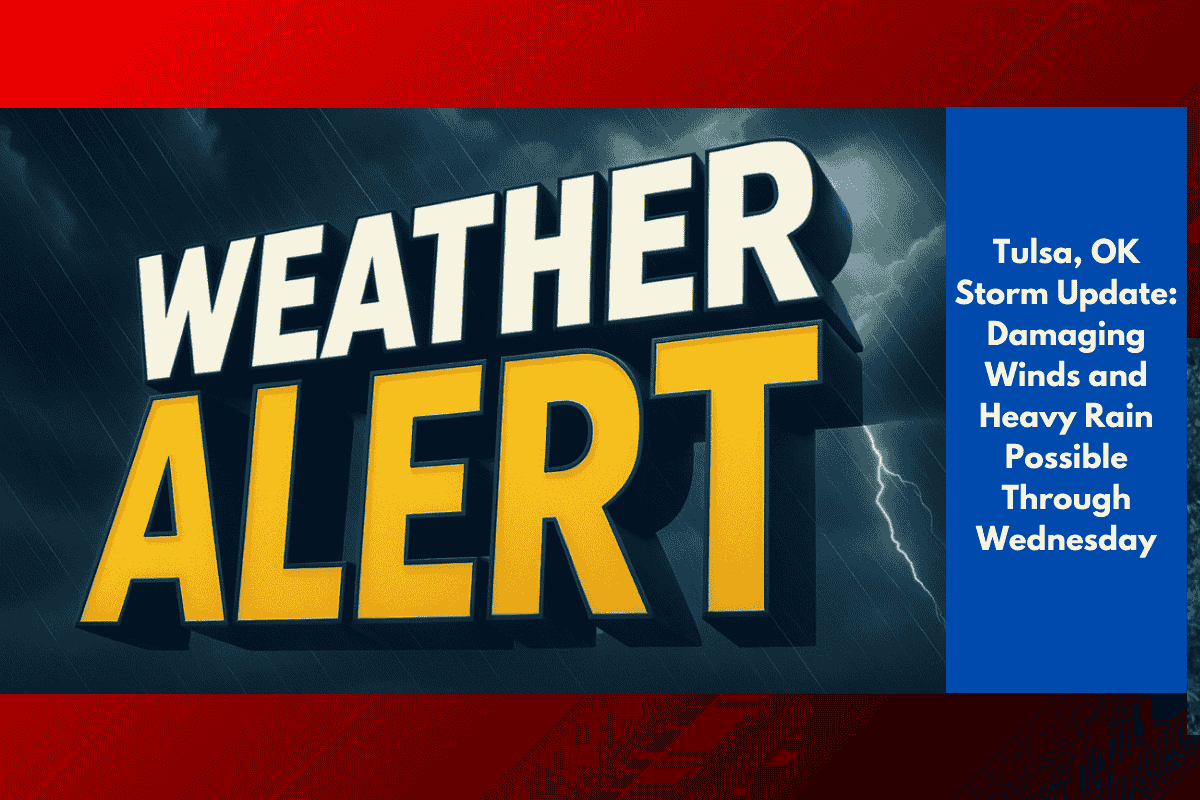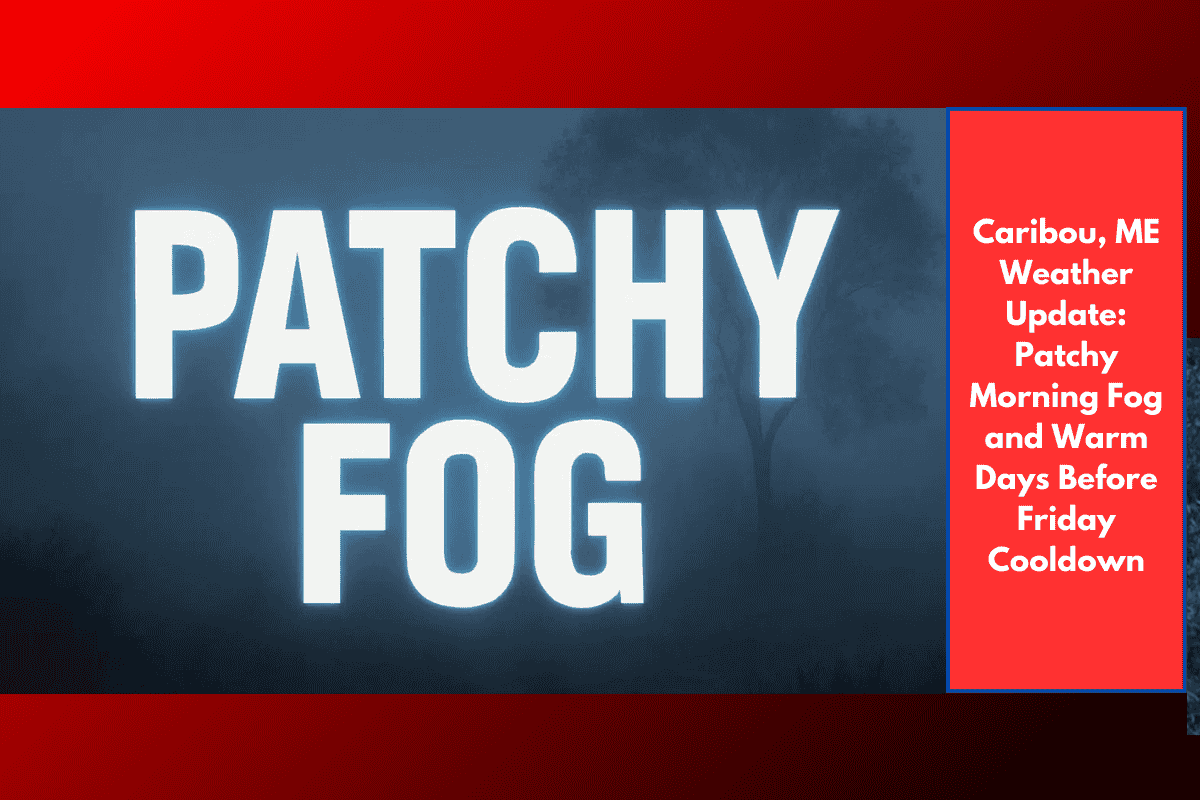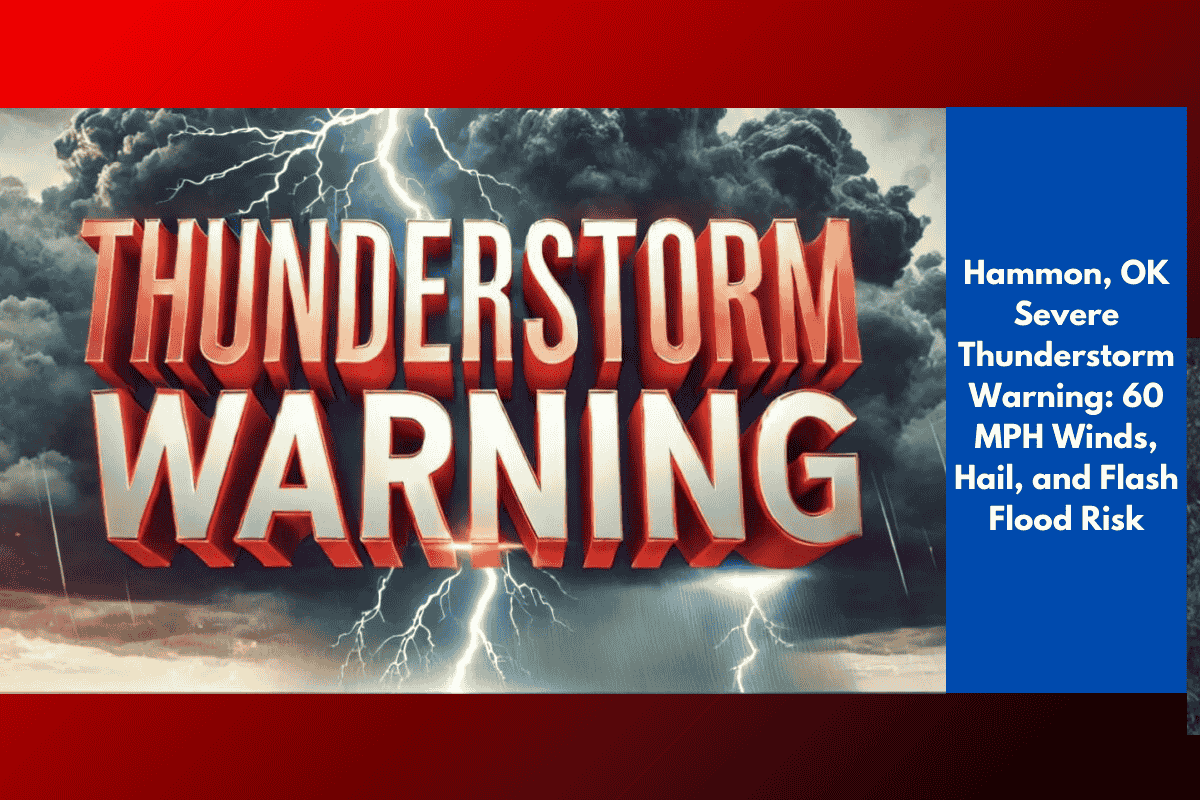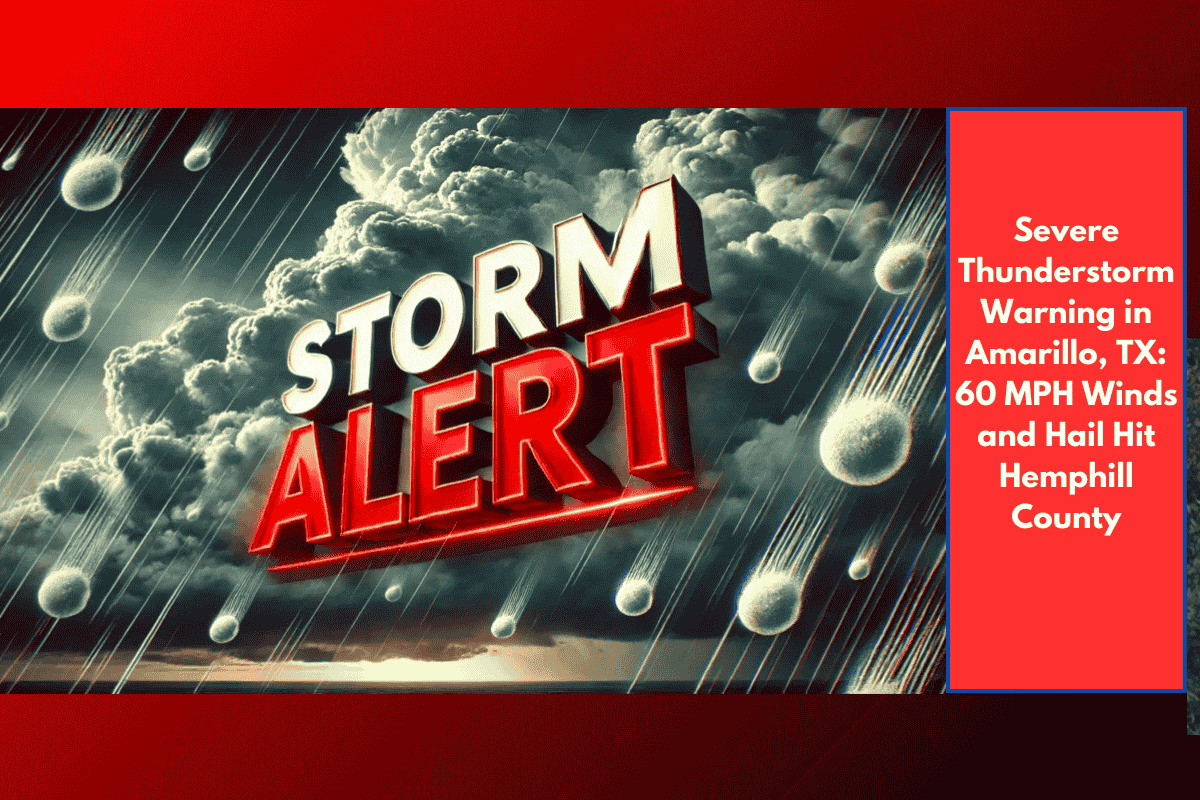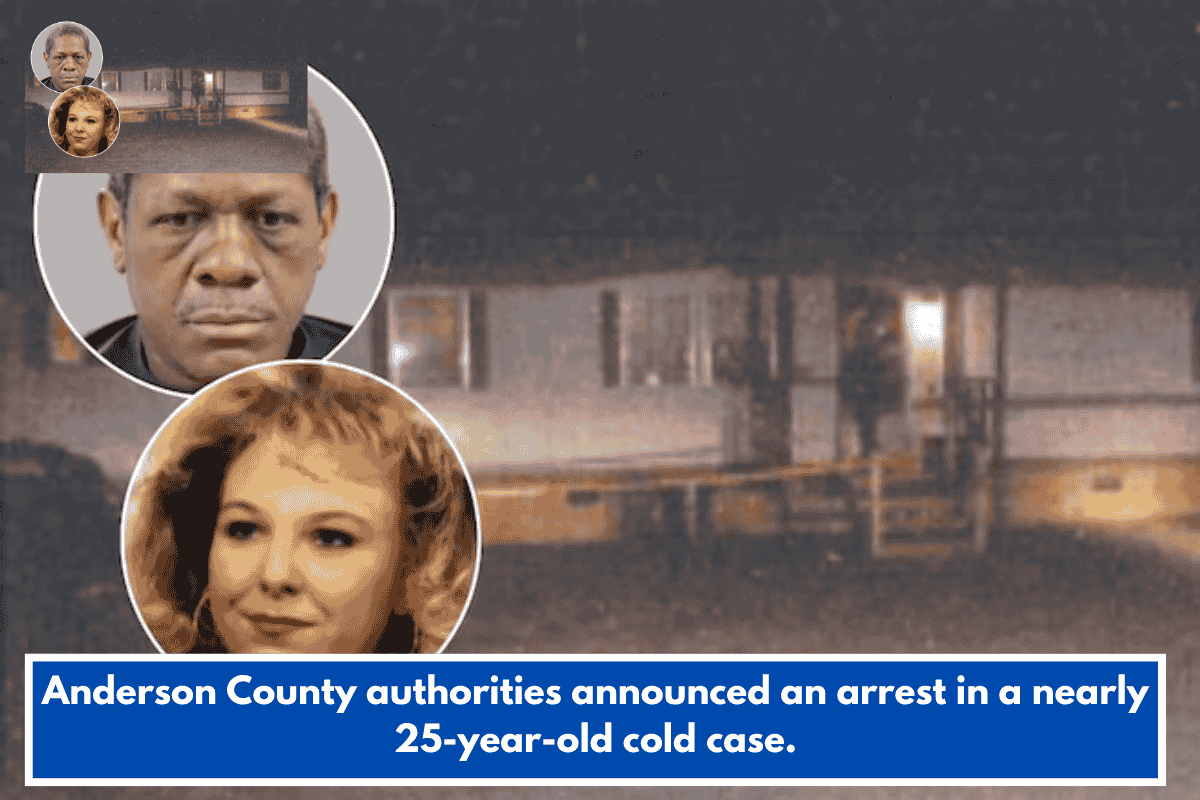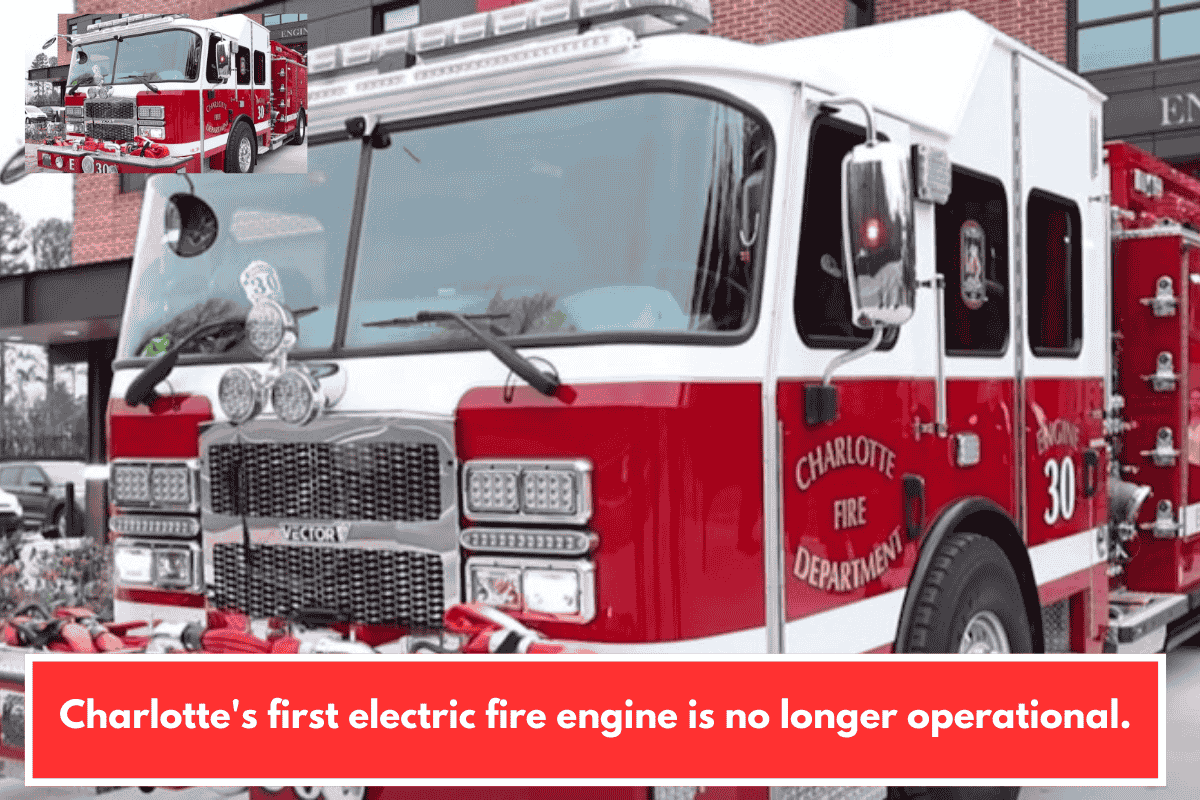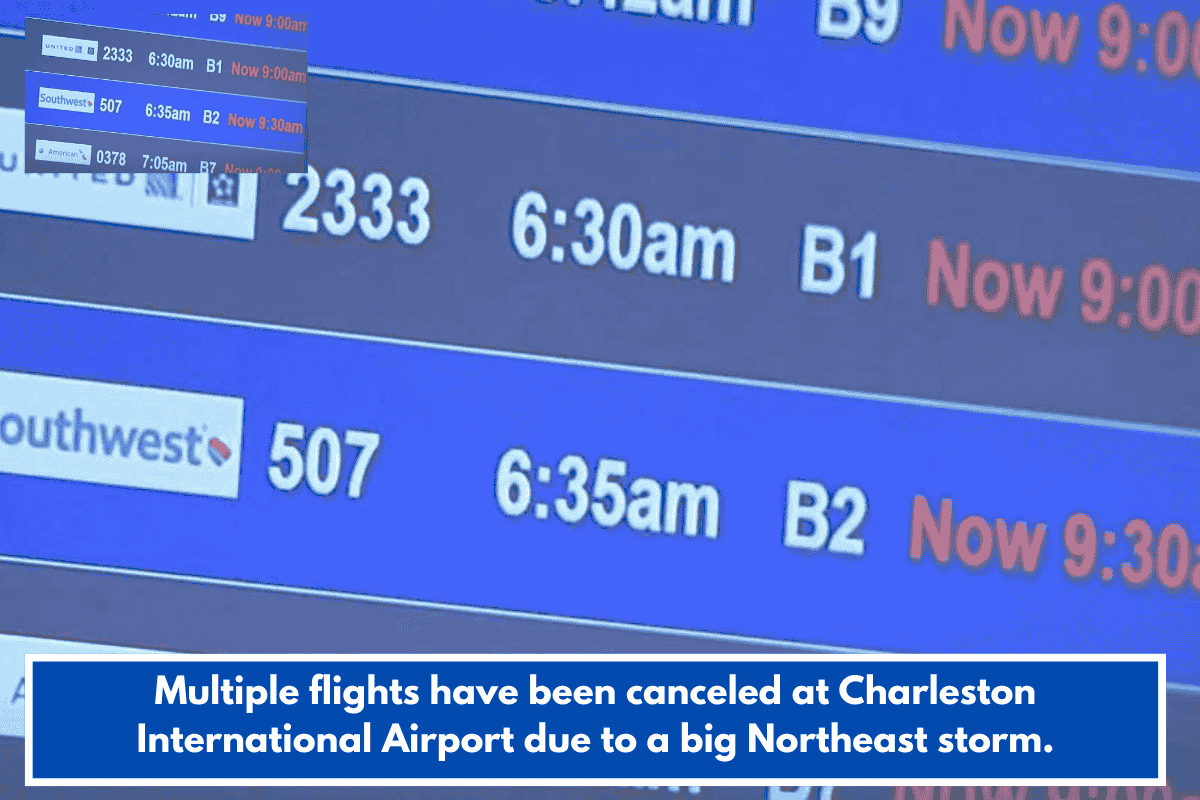Dallas–Fort Worth (DFW) residents are being warned about poor air quality conditions as high ozone levels trigger an Air Quality Alert for Thursday, September 4. Health officials are advising the public—especially sensitive groups—to limit outdoor activity during the afternoon and early evening.
Why Is There an Air Quality Alert?
According to the Texas Commission on Environmental Quality (TCEQ), stagnant weather conditions and lingering heat are combining to create an unhealthy buildup of ground-level ozone, particularly in urban parts of the Dallas–Fort Worth metroplex.
The National Weather Service (NWS) issued the alert in coordination with TCEQ, warning that the pollution levels could affect:
Children
Seniors
People with asthma or other respiratory issues
The alert will remain in effect until 7:30 p.m. CDT Thursday, but more advisories may follow if the weather doesn’t shift.
What Is Ozone Pollution and Why Is It Dangerous?
Ground-level ozone forms when sunlight reacts with vehicle emissions and other pollutants. It’s more likely to build up during hot, windless days, which is exactly the case across North Texas this week.
Breathing in high levels of ozone can:
Trigger asthma attacks
Cause coughing or throat irritation
Make it harder to breathe deeply
Affect lung function over time
Areas Most Affected
Air quality is likely to be worst in urban corridors and along major highways, especially during rush hour:
I-35W
I-30
LBJ Freeway (I-635)
People living or working near these areas are encouraged to take extra precautions.
How to Stay Safe During the Alert
If you’re part of a sensitive group, or just want to reduce exposure to air pollution, here’s what you can do:
Stay indoors during the hottest parts of the day (usually 2 p.m. to 6 p.m.)
Avoid strenuous outdoor activities
Use air conditioning with clean filters indoors
Keep windows closed
To help reduce ozone levels and protect community health, everyone is encouraged to:
Carpool or use public transport
Avoid drive-thrus and unnecessary idling
Bike or walk short distances
Refuel your vehicle after sunset
Keep your car in good condition
These small actions, especially on Ozone Action Days, can make a big difference.
What’s Next?
Ozone alerts are common in late summer in Texas, but Thursday’s alert is more serious due to a combination of high heat and calm winds—ideal conditions for ozone to build up and linger. If these conditions continue, additional alerts could be issued for the weekend.



